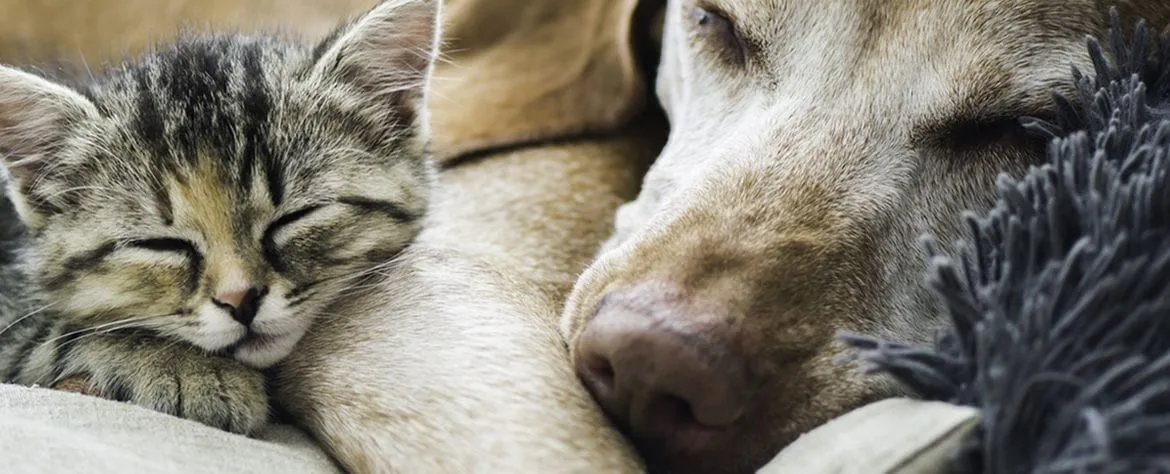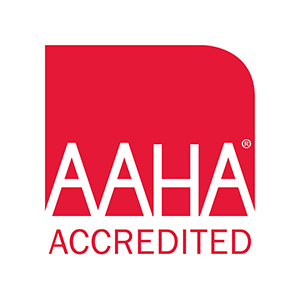This blog post can not be found

Contact Us
Have any questions ? Fill out the form below and we will get back to you as soon as possible!
Location & Hours
Location
Find us on the map
Office Hours
Our Regular Schedule
Monday:
8:00am
5:00pm
Tuesday:
8:00am
5:00pm
Wednesday:
8:00am
5:00pm
Thursday:
8:00am
5:00pm
Friday:
8:00am
5:00pm
Saturday:
Closed
Sunday:
Closed


